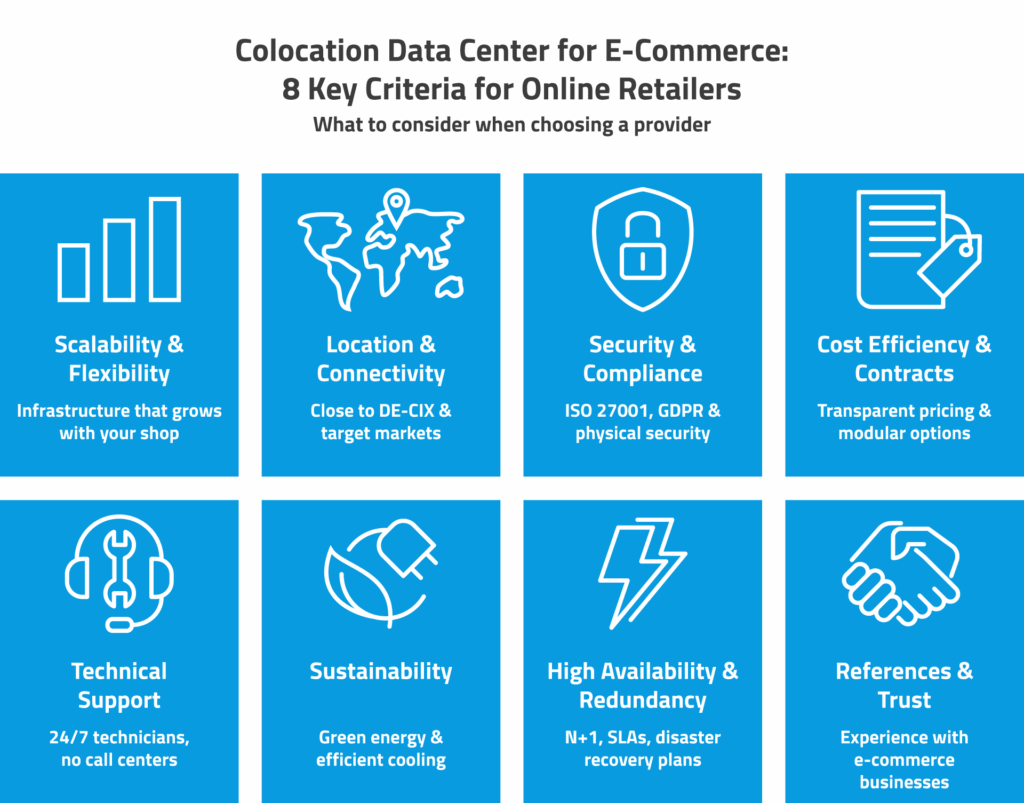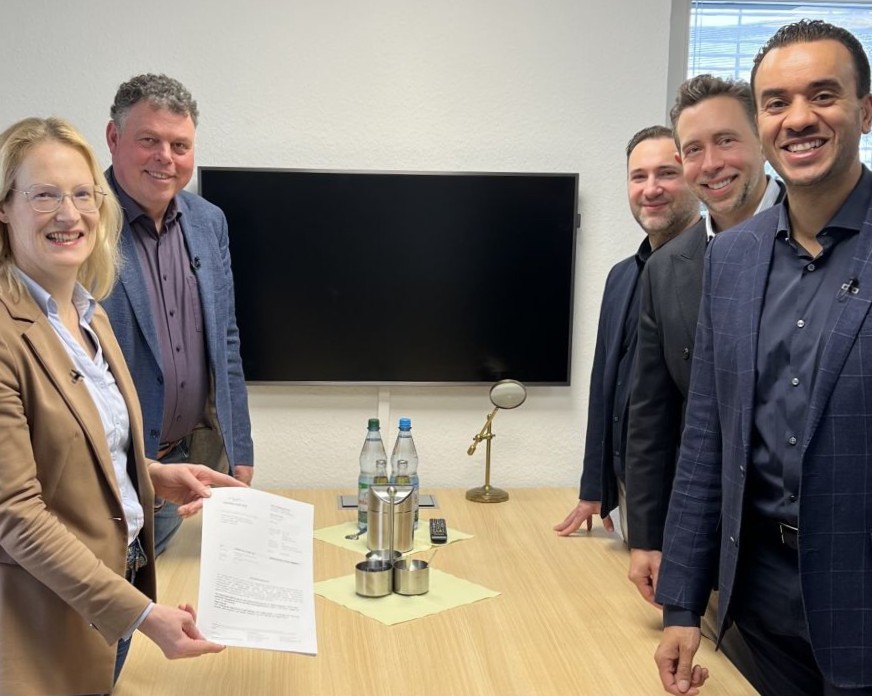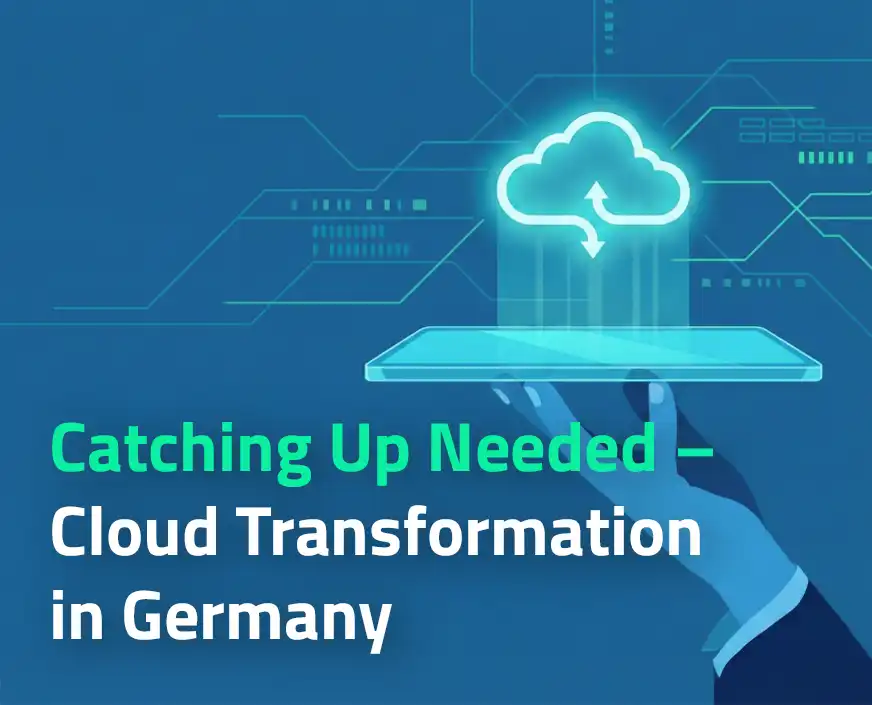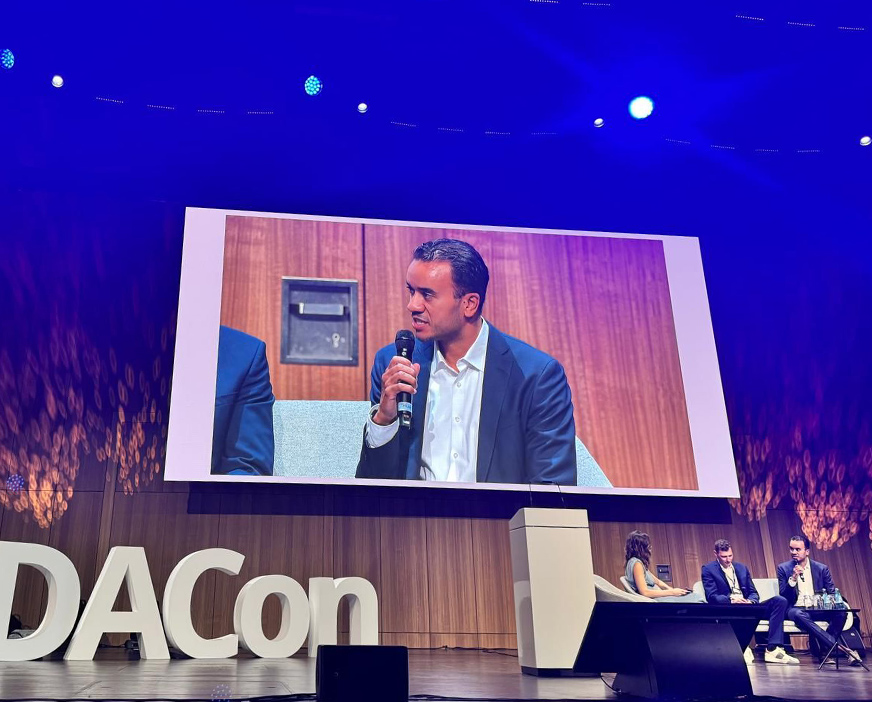Why a Colocation Data Center Plays a Key Role for E-Commerce Companies
E-commerce companies, especially in the B2B sector, rely on highly available, high-performance, and secure IT infrastructures. Outages or performance issues directly lead to revenue losses and damage customer trust. At the same time, the dynamic growth of this industry requires maximum flexibility. Colocation providers offer a strong foundation here, but the requirements are high.
This article shows what online shops should look for when choosing a colocation data center provider.
The 8 Most Important Selection Criteria for a Colocation Data Center at a Glance
1. Scalability and Flexibility: Growing with the Business
Scalability is not a “nice-to-have” for many e-commerce companies, but a prerequisite. Seasonal peaks, campaign traffic, or growth spurts must be able to be reflected in the infrastructure at short notice. A colocation provider should therefore:
- Enable quick expansions of resources: whether more bandwidth, additional racks, or higher computing power.
- Support hybrid scenarios: Many companies combine colocation with private cloud or public cloud solutions (e.g., Azure, AWS). A provider should support this through open interfaces and comprehensive connectivity.
- Ensure on-demand availability: Short-term provision of additional resources is crucial, especially during seasonal peaks (Black Friday, year-end, etc.).
2. Location and Network Connectivity - Digitally and Geographically Close
A decisive competitive factor for e-commerce providers is speed. Page load times measurably influence conversion rates. Accordingly important is:
- Low latency to target markets. This is ideally achieved through a geographically central location in Europe.
- Proximity to internet exchange points such as DE-CIX, one of the world’s largest internet hubs.
- Direct connection to carrier networks and cloud platforms to operate flexible and high-performance hybrid infrastructures.
Geopolitical and legal stability of the location, especially with regard to data protection and GDPR compliance.
Frankfurt am Main is considered Europe’s digital hub and is therefore the optimal location for colocation.

3. IT Security and Compliance: Trust Basis for Business Customers
Data protection, security certificates, and physical protection are essential in B2B e-commerce. Trust is the basis for long-term customer relationships, both on the operator and customer side. E-commerce providers should look for the following points with colocation partners:
- Certifications such as ISO 27001 (information security), ISO 9001 (quality management) or PCI DSS (for payment security).
- Physical security, including biometric access systems, video surveillance, 24/7 security services, and access control.
- Legally compliant data protection: Hosting should be GDPR-compliant, ideally with a provider based in Germany.
4. Price-Performance Ratio and Contract Design: Flexible and Transparent
Especially for medium-sized e-commerce companies, planning security is essential. Unexpected additional costs or inflexible contracts are an exclusion criterion. Pay attention to:
- Transparent pricing structure without hidden fees.
- Modular service offerings that can be supplemented as needed.
- Flexible contract terms, e.g., for temporary increased demand or relocations.
- Upgrade options that don’t slow down growth.
5. Technical Support: Available Around the Clock
IT outages don’t know office hours. Therefore, competent technical support is a critical success factor, especially for e-commerce operators with 24/7 operations. Important are:
- Direct 24/7 support by qualified technicians, not call centers.
- Remote Hands & Smart Hands Services, for example for hardware replacement or performing reboots.
- Consulting expertise on topics such as migration, network topology or hybrid setups.
6. Sustainability: Green IT as a Decision Criterion
For an increasing number of companies, sustainability is an integral part of their ESG strategy. Data centers are among the largest energy consumers in the IT world. Therefore, the colocation data center of choice should:
- Use electricity from renewable energy sources.
- Utilize energy-efficient cooling technologies (e.g., free cooling).
- Transparently communicate low PUE values (Power Usage Effectiveness).
- Pursue and demonstrably implement CO₂ reduction strategies.
Contributing to Green IT is not just about image maintenance, but real future-proofing.
7. High Availability and Redundancy – Uptime is Revenue
Every minute of downtime costs. An online shop that is not accessible loses not only orders but also trust. For many e-commerce providers, availability of 99.99% or more is mandatory. Therefore, colocation infrastructure should ensure consistent redundancy in all critical systems:
- Redundant power supply and air conditioning (at least N+1).
- Guaranteed SLAs for availability.
- Disaster recovery plans and emergency workstations to react quickly in case of emergency.
The technical reliability of a colocation data center is business-critical.
8. References and Trust: Experience Counts
E-commerce companies want to work with service providers who speak their language. An experienced colocation provider understands the needs of its customers. Ask for:
- References from B2B e-commerce.
- Demonstrable industry experience.
- Customer opinions, success stories, and financial stability.
Conclusion: Colocation Data Center as a Strategic Partner for E-Commerce Companies
A colocation data center is more than just a server location. It is part of your growth strategy.
firstcolo offers the combination of availability, scalability, security, and sustainability that e-commerce providers need today.
Talk to us – we support you in planning your future-proof IT infrastructure.







